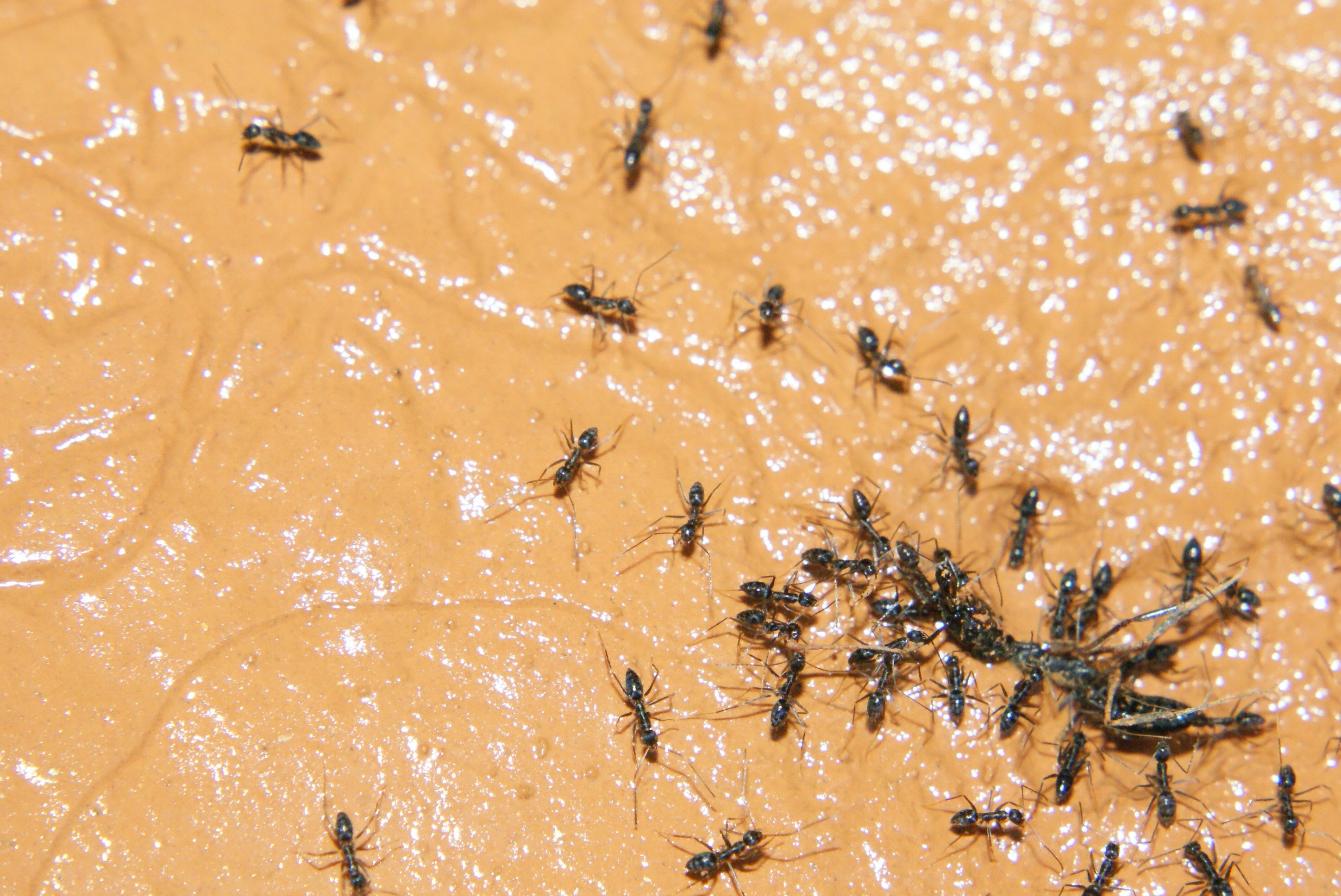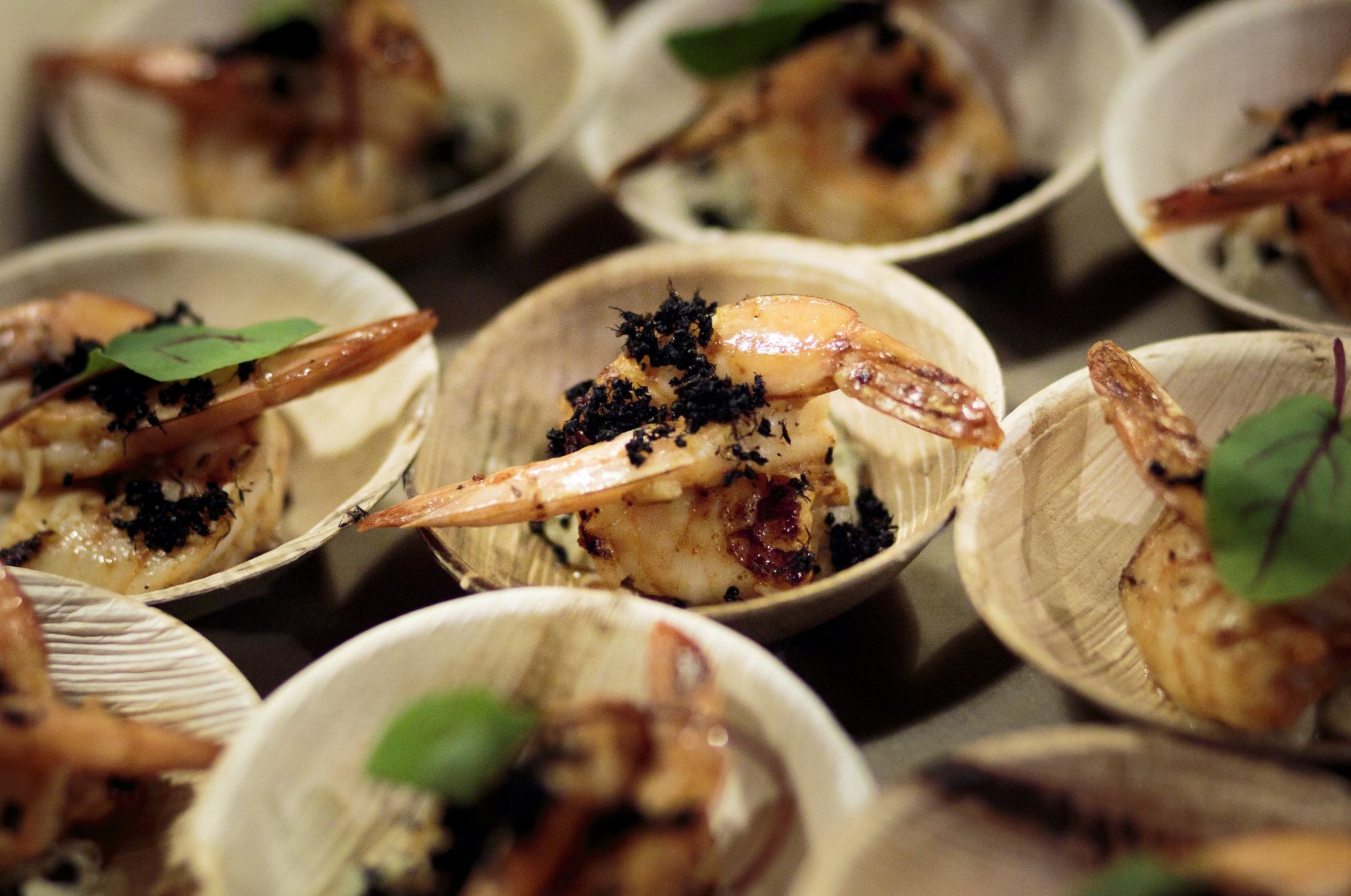South Korean restaurant’s ants-topped dishes bug food safety officials
The authorities have ordered a probe into the restaurant and its owner for potential violations under the Food Sanitation Act

A South Korean restaurant caught serving ants to “add acidity” to its dishes may face charges for violating food safety regulations.
The unnamed eatery reportedly garnished several of its menu items with three to five ants each, delivering about 12,000 servings of these dishes from April 2021 to January this year and earning a total of 120 million won (US$87,400) in revenue from them, according to Korea JoongAng Daily.
The country’s food and drug safety ministry had referred the restaurant and its owner to prosecutors for potential violations under the Food Sanitation Act, authorities said on Thursday.
An investigation was launched after posts showing the dishes appeared on social media and blogs.
“To use ants as food, businesses must obtain temporary approval for standards and specifications under food safety regulations,” a ministry official said.
“We have shared the results of this investigation with the relevant local government and requested administrative action.”

The restaurant was found to have imported two types of dried ant products from the United States and Thailand using international mail from April 2021 to November 2024.
While 10 insect species, including grasshoppers, locusts and mealworms, are approved for consumption in South Korea, ants are not recognised as an edible ingredient.
Insects were first approved for consumption in South Korea in 2015. The country’s insect-farming industry made an estimated 44.6 billion won (US$32.5 million) in sales in 2021, according to government data.
Species of insects have also been approved as food in the European Union, Singapore and Thailand, among other countries.
The United Nations’ Food and Agriculture Organisation has encouraged countries to consider insect farming for human consumption and animal feed. Edible insects have high nutrient content, require less feed and emit less greenhouse gases than traditional livestock farming, according to food scientists.
Unhandled type: inline-plus-widget {“type”:”inline-plus-widget”}